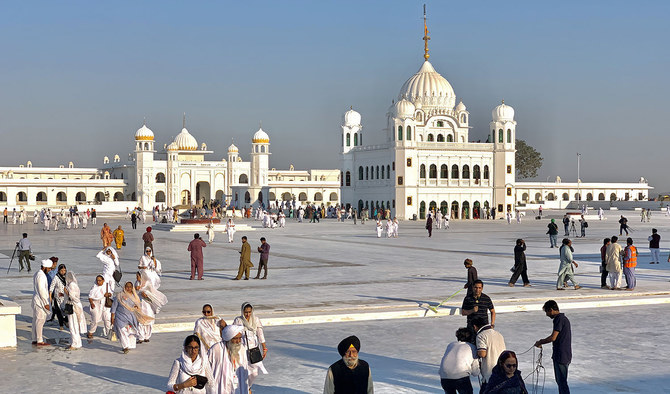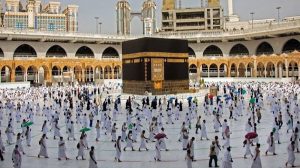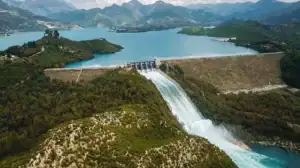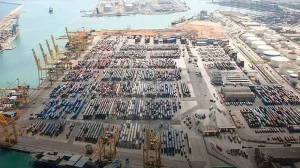In a move that has sparked deep concern across the Sikh community, the Indian government has suspended the Kartarpur Corridor, halting the flow of pilgrims to one of Sikhism’s most sacred shrines in Pakistan. Citing rising security concerns and India-Pakistan border tensions, the abrupt decision has left thousands of hopeful devotees in limbo.
The Indian Ministry of Home Affairs has announced an indefinite suspension of the Kartarpur Corridor, a symbolic cross-border passage that enabled visa-free pilgrimage to the historic Gurdwara Darbar Sahib in Pakistan’s Narowal district.
The closure, enacted without prior warning, has raised eyebrows within religious and diplomatic circles.
Since its inauguration in November 2019, the corridor has served as a powerful gesture of goodwill between two historically tense nations, allowing Indian Sikhs direct access to the revered site where Guru Nanak Dev Ji, the founder of Sikhism, spent his final years.
The 4.1 km-long stretch from Dera Baba Nanak in Punjab, India to Kartarpur, Pakistan, had come to symbolize a rare bridge of peace and faith amid decades of discord.
Officials in New Delhi have attributed the closure to heightened security risks following increased cross-border friction.
However, no clear timeline has been given for when the corridor might reopen, leading to growing frustration among Sikh devotees and rights groups.
Religious leaders and Sikh organizations have condemned the decision. “This isn’t just about a route—it’s about our faith, our spiritual connection,” said one representative from the Shiromani Gurdwara Parbandhak Committee (SGPC). “The Kartarpur Corridor is a lifeline for our community.”
Many have urged the Indian government to reconsider, especially given that the corridor operated under strict security protocols and international oversight.
Experts argue that such moves only deepen divisions and damage interfaith harmony at a time when dialogue is urgently needed.
Read More: Pakistan Blocks Indian News Channels, Websites: Chairman PTA
Comparatively, Pakistan has kept its end of the corridor open and functional, highlighting the discrepancy in approach.
This move also draws criticism from human rights advocates who stress the need for religious access irrespective of political climates.









